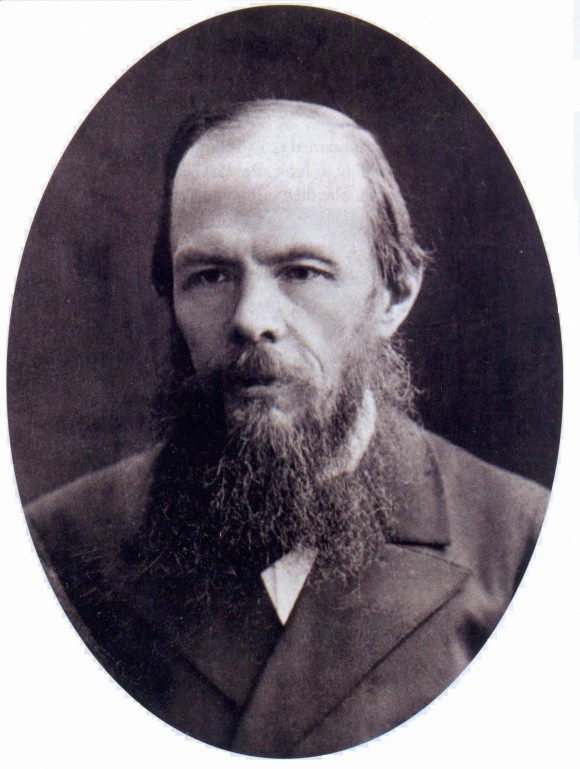Sheba posed this question to me the other day:
What “classic” of literature have you started, but not finished? This question was spurred by a mutual friend who’d failed to get through the first few hundred pages of Ulysses for the fourth time.
What about you? What classic author or title are you embarrassed to tell the world that you’ve started but never finished? Or worse, never even attempted to read?






















I have started Proust’s “Swann’s Way” twice now and put it down after 65 pages both times. I know I’ll get back to it one day, but there’s something wrong with my head right now that I just don’t have the stamina for it.
The issue of stamina is interesting. Shouldn’t that be a non-issue? Shouldn’t you feel compelled to read a novel? Isn’t it the authors job to make you clamor for the story? There’s things to be said for dense text and weighty ideas, but if they’re not paired with a great story, then aren’t you just reading a philosophy or psychology book?
Sure, but I don’t think we should generalize what makes a story compelling based on one person’s experience. First, I can’t overlook my own frame of mind which I bring to the reading process. I’ve put down books before only to read them, and really love them, later. Plenty of people love Proust, too.
More important, there is this modern generalization that stories need to be breezy page turners that drop you right in the action and hold back on the exposition, perhaps due to a shrinking attention span brought on by bubble gum corporate content and easy storytelling. But why deal in absolutes, especially in the arts. If a story is more philosophy or rumination than plot so be it. If you’re not in the mindset to read it, that’s fine. But that’s no reason to admonish the work.
I think the Proust issue is more abt pace — memory, digression — there’s quite a compelling story there, but I think reading him requires serious attention and the ability to tune out distractions in a way that isn’t always possible in everyday life. I finished Swann’s Way, but have set aside, “In the Shadow of Young Girls…” for the time-being.
Seems the more important question here is this: do the classics even have a place today?
In the midst of all your Twilights, Harry Potters and various Twitter books, these so-called “breezy page turners”, does a book like Swann’s Way have anything to offer the tastes of the modern reader? I’m not talking about writers or writing students either, I”m talking about the book buying public.
And when does a book become irrelevant? When it has nothing more to offer a modern reader?
Unfortunately, I can’t get into Swann’s Way, but why not take Crime and Punishment, a classic I love that is certainly a challenge. Does the modern reader still resonate with themes of panic and sin, guilt and conscience, regret and fear. I sure hope so.
Again, why are we generalizing? I read Walden this year, which I bought in a bookstore. Am I the modern reader, the book buying public?
You cite the candy of the book world, prime time storytelling, but disregard writers of modern literature like Chabon and McCarthy … Pychon. Their narratives can be just as challenging to get into as many classics.
And I’m not sure you have a leg to stand on if you think Twilight will have any lasting power.
If I only had more free time…I would read every classic available: the top 50 works in English, the top 50 works of the world (translated).
The Alexandrian Quartet is worth a re-read – and maybe this time I’ll have a lexicon at my side to translate the Italian, the Greek, the French.
To answer your question Sheba – I, too, have yet to get through Ulysses. Maybe when I retire.
@Henry: Well put. I agree with you. I’m genuinely curious to see if there’s a large audience out there for quality work or if candy is the only thing that sells these days.
Good to hear that there’s people out there like you that clearly care deeply about quality work.
@Chris No sweat. Thanks for the debate. It’s an important question to ask.